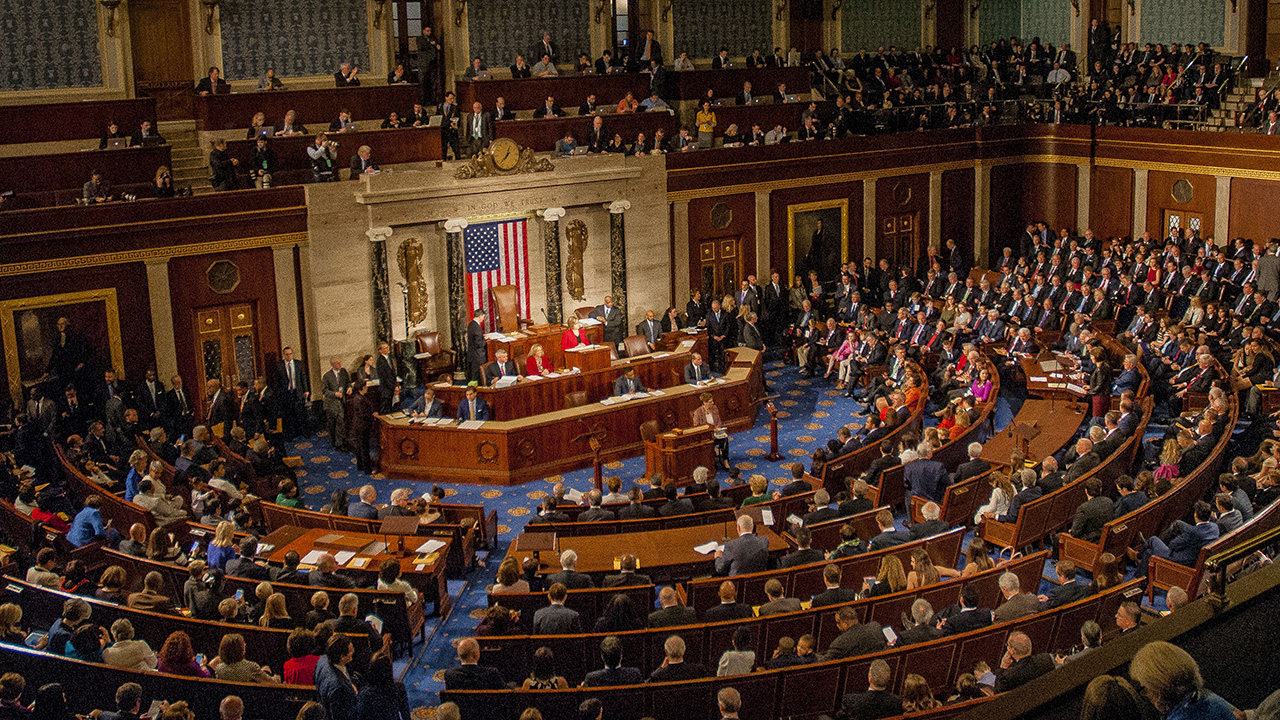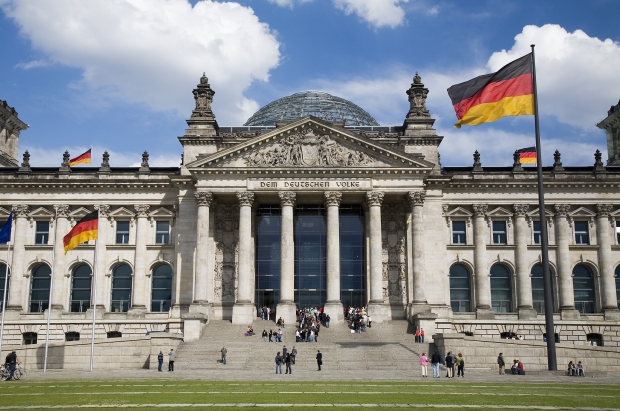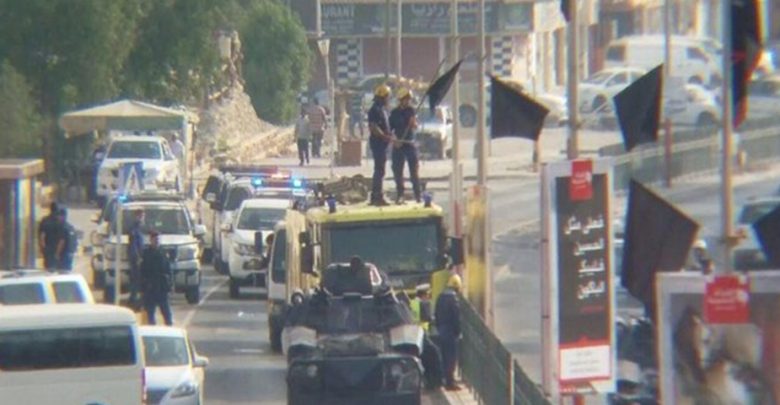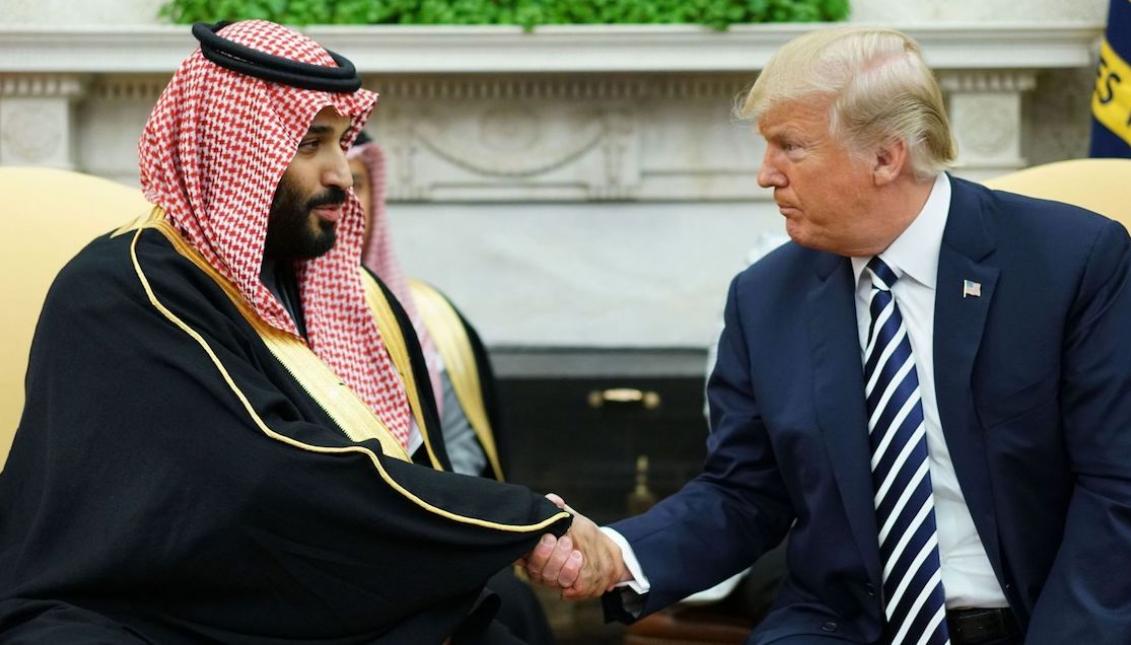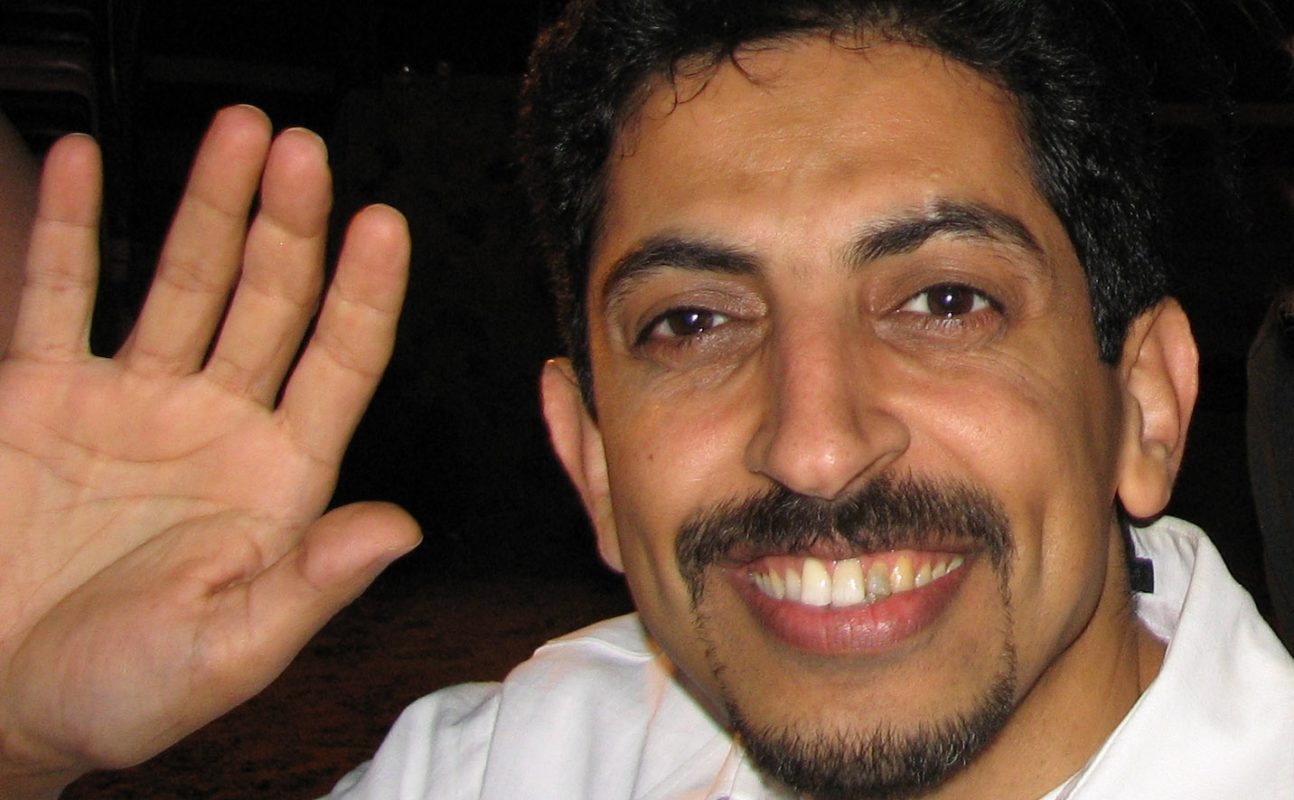The United States Constitution places Congress as a coequal branch of the Federal Government and specifically makes clear its authority to regulate and hold accountable the actions of the President, even in the field of foreign affairs. Federal statutes also lay out the mechanisms by which private arms sales can be made to foreign governments:[…]
Since 2011 Members of the German Bundestag (MPs), in particular those belonging to left-wing political parties (The Left – Die Linke and The Greens – Bündnis 90/Die Grünen), have posed questions to the German government on at least forty occasions concerning the issue of arms exports and the human rights situation in Bahrain. Following the[…]
Ashura is a time of mourning and remembrance for the Shia Muslims. In Bahrain, its observance serves as both a symbol of their religion and a marker of their religious freedom. However, this year, Bahraini authorities have continued the systematic discrimination against the Shia citizens by curtailing their freedom of religious observation, citing COVID-19 as[…]
The strategic relationship between Saudi Arabia and the US is fostered by shared geopolitical and economic interests rather than homogeneous morals and values. The US-Saudi alliance was cultivated by the US’s reliance on Saudi Arabia during the Cold War and it has grown over the decades through shared regional strategic goals. Since President Obama took[…]
Bahraini-Danish human rights defender Abdulhadi Al-Khawaja has been unjustly and illegally incarcerated for over nine long years, suffering torture and inhumane degrading treatment. He has been subjected on multiple levels to a blatant denial of basic human rights and suffered enormously at the hands of the Bahraini authorities in a flagrant crackdown on dissent after[…]


